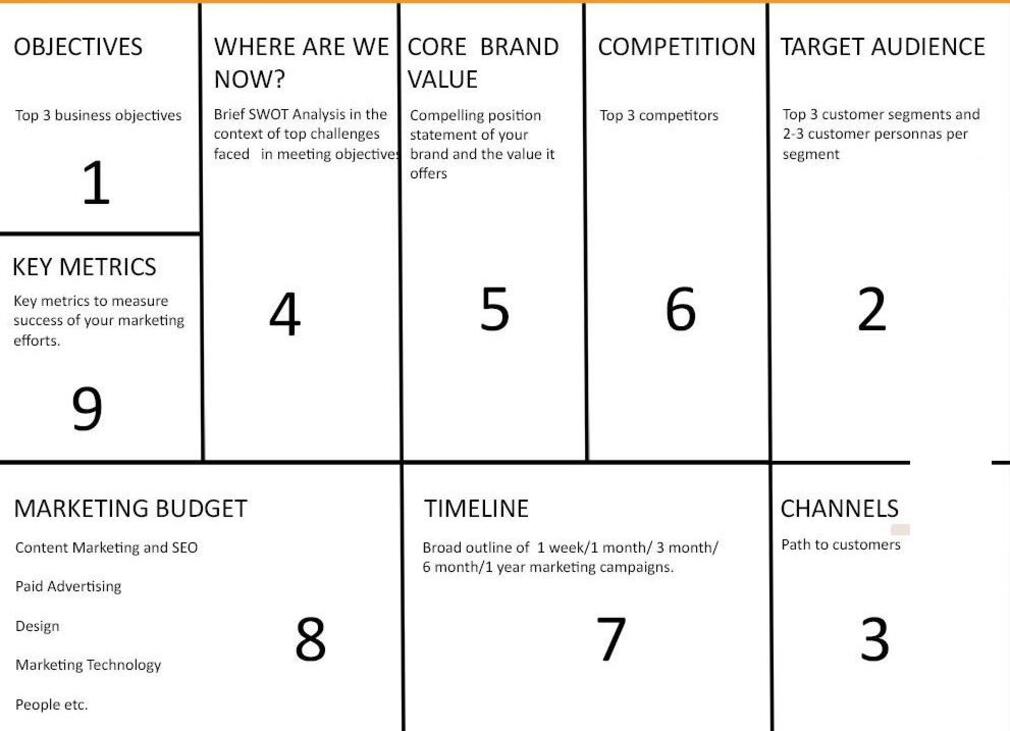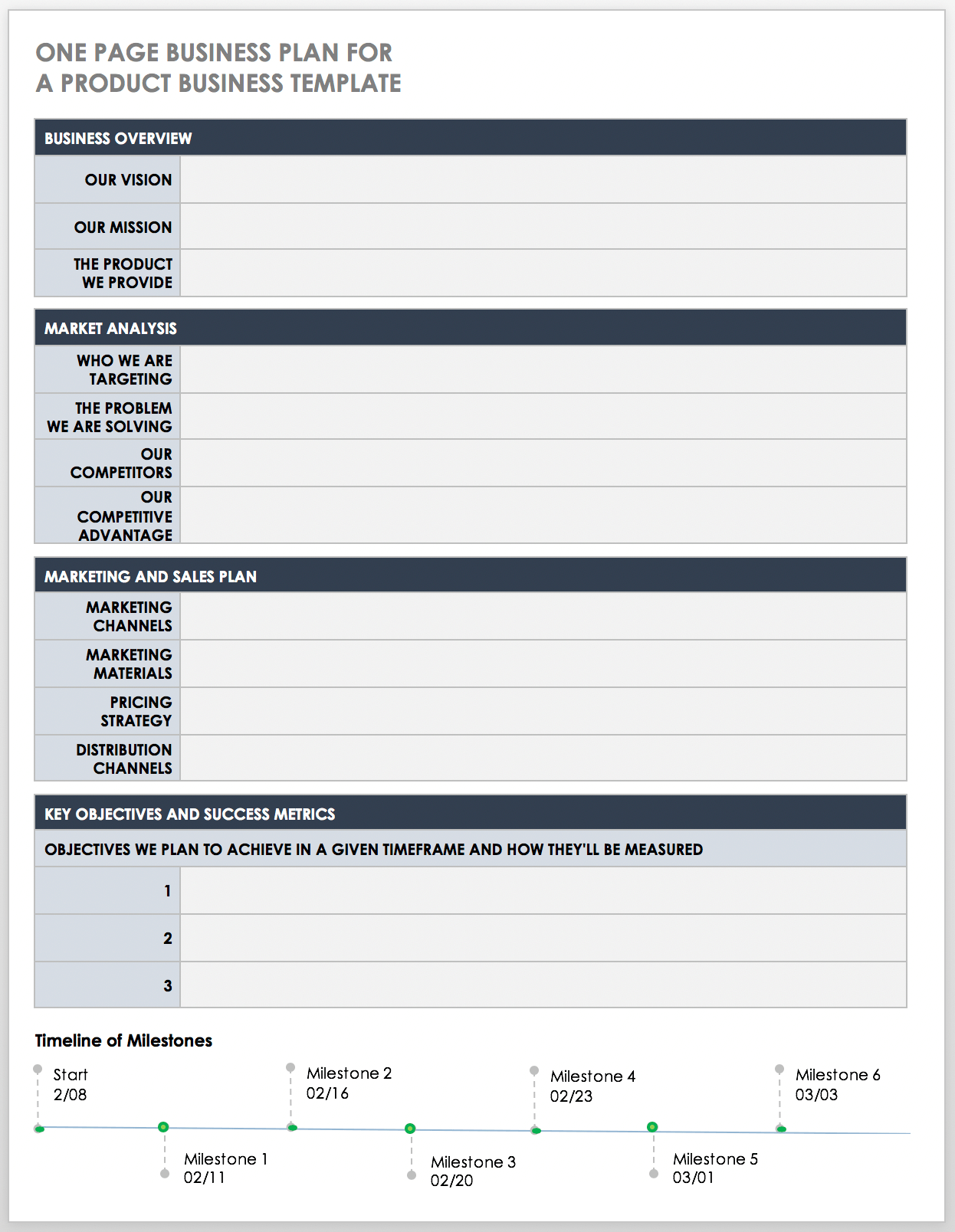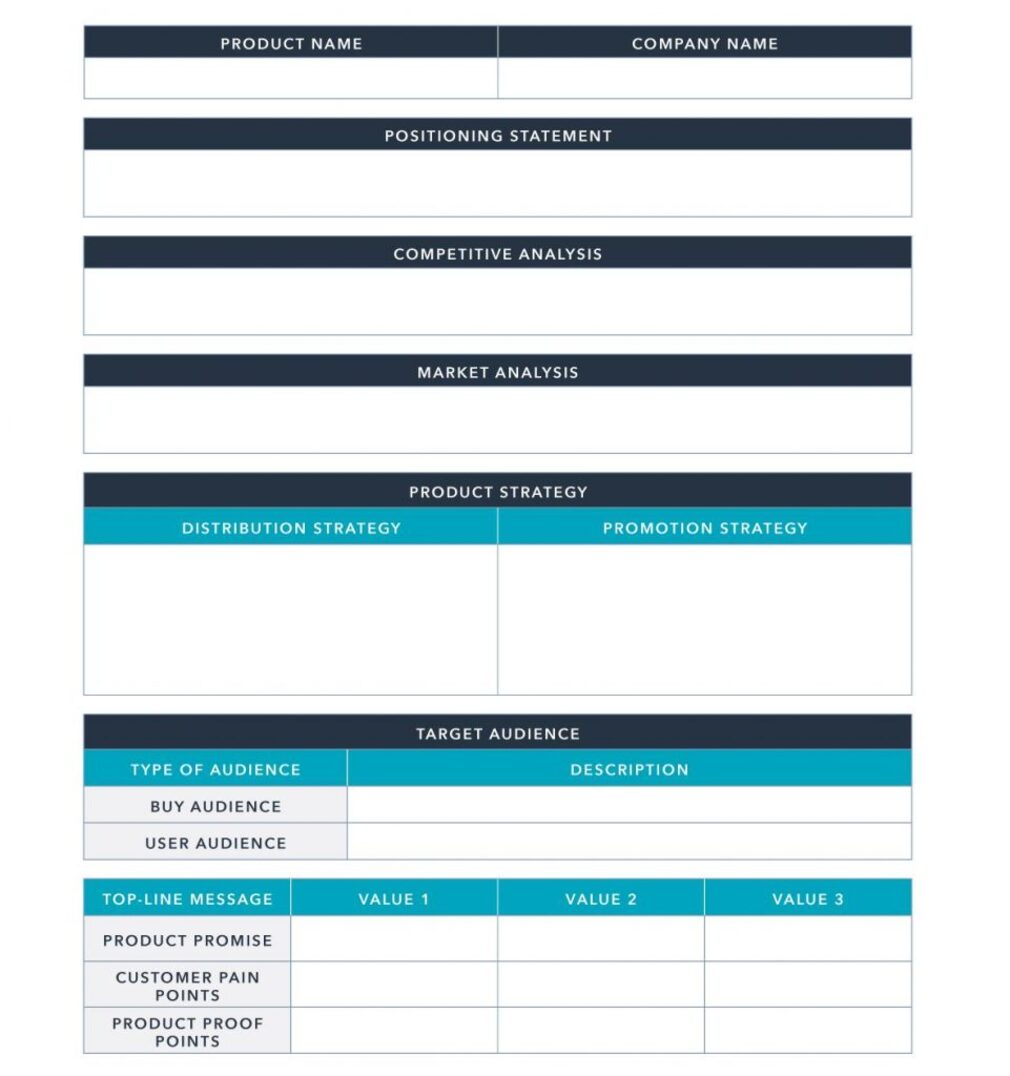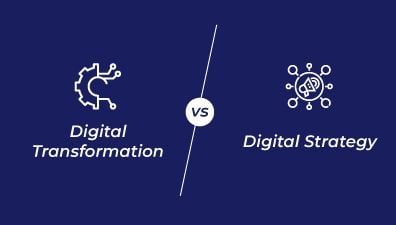In the ever-evolving landscape of online retail, the value of a solid eCommerce marketing plan cannot be overstated. As online retail sales surge, anticipated to account for 17.5% of all retail sales by 2021, businesses must adapt their strategies to tap into this booming market. More customers, increased conversions, and greater online traffic are all ripe opportunities waiting to be seized. However, the path to tapping into these opportunities isn’t a journey embarked on without a roadmap. This article delves into the crux of creating a comprehensive, flexible, and effective eCommerce marketing plan to keep your business on track to meet and exceed its goals.
We unravel the importance of a long-term growth strategy that goes beyond the immediate realities of your business, shedding light on how a marketing plan for eCommerce website launch is not only a wise investment but also a prerequisite for success. Like a blueprint for a house, an eCommerce business marketing plan lays the foundation and outlines the structure of your online business operations. Beyond just present needs, we explore how focusing on the future can position your business at the forefront of industry trends and market changes. By the end, you’ll understand the integral role of a well-structured eCommerce marketing plan in bringing your strategic objectives to fruition and ensuring your business’s sustainable growth.
Table of Contents
What Is an eCommerce Marketing Plan?
A marketing plan highlights a company’s strategy to acquire new clients, accompany existing clients, and promote a brand. Promoting plans guarantees that each marketing initiative is done in sync with an optimal critical strategy, guaranteeing maximum profit gained from your investment and productive use of time and resources. Since marketing plans drive all your marketing initiatives, it is significant that they approach each and every component of your marketing mix.

Basically, an eCommerce marketing plan is an itemized diagram/formula/report that an online business follows to guide it down the best way toward its objectives and items. This could include the activities of optimizing UI/UX design for the website, maximizing customer experience when visiting the website, etc.
A marketing plan should not be a long and drawn-out record, and it does not need to cost your eCommerce business a great deal of payment to finish. In fact, in some cases, the least difficult plans — whenever progressed nicely and are executed the correct way — have the best effect. However, making a compelling marketing plan requires some exploration, examination, and careful consideration to fill in as a powerful tool for your business.
The Importance of an eCommerce Marketing Plan
The aforementioned importance of a good marketing plan for an online business should be understood more deeply, one needs to focus on the features that an eCommerce marketing plan would contribute to your business.
Driving Sales
Marketing is a huge driver of sales for eCommerce. Customers are not probably going to your online website and making a purchase if they do not have the foggiest idea about who you are, the things that you are selling, or why they should order from you over your competitors.
A plainly laid out marketing plan can help answer these questions and create the connection between what the buyer needs and how your business can provide. It is essential to take full notice that not every potential customer is prepared to make a purchase from your online business website.

The customer funnel includes three stages – awareness, consideration, and decision:
- The awareness stage is the point at which your client has a problem or opportunity they would like to address a solution or eliminate them. They will research somehow more deeply into what their concern is and how to highlight it.
- The consideration stage is the point at which your customer has characterized their concern and are exploring the various strategies and choices they have.
- The decision stage is the point at which they have come up with their solution or arrangement and they will create a list of various products from various sales which products are identified with what they are searching for.
Every stage would be illustrated by a significant feature, therefore, there must be a distinct and specified marketing plan for each stage to gain the customer attraction to your products.
Auditing Marketing
Not only does an eCommerce marketing strategy assist your business with being effective in driving sales — it additionally gives you a superior idea of where your marketing activities remain in the current moment and in the future.
Begin with an audit of your recent marketing endeavors and how they line up with your business objectives, in comparison with your rival’s market share, and reach your targeted audiences.
While doing an audit, you should begin by using the essential procedures that drive business, online traffic, and transformations – regardless of whether that might be social media, email marketing, or your website. Making a report with quantitative data (site traffic, the average number of posts, or even click-through rate) over the previous year or so will provide you with a solid view of how your marketing plan has recently been performing.
For something like social media, you can analyze the engagement, supporters, and posting consistency that your business is doing and perceive how it lines up with your direct competitors. What social channels would they be on now? Is it true that they are putting investment into influencer marketing or multiplying down on promoted posts?
Whenever you have finished an in-depth audit of how your marketing plan currently performs, it gives you incredible and deep insight into how you can improve for the future, which assists with transferring overall strategy.
Navigating the Online Marketplace
In the vast and ever-evolving expanse of the digital world, navigating the online marketplace is a critical aspect for any eCommerce business seeking to prosper. Given the rapid pace at which this landscape changes and the fierce competition that characterizes it, businesses need a solid eCommerce marketing plan to chart a course and stay on track.

An eCommerce marketing plan is akin to a map and compass for online businesses; it directs them on where to go, how to get there, and how to adapt to changes along the journey. It provides a deep understanding of the terrain, including different platforms, each with its unique rules, trends, and customer behaviors. Whether it’s making the most of Instagram’s visual appeal, leveraging LinkedIn’s professional network, or optimizing for Google’s search algorithms, a well-crafted plan guides businesses on how to utilize these platforms effectively.
Further, a marketing plan helps identify who the business is trying to reach within the digital marketplace. It determines the target audience’s demographics, preferences, and online behaviors, which are essential in crafting messages that will resonate with them. It also aids in selecting the most effective channels to reach this audience, a crucial decision given the numerous platforms available and the distinct audience each one attracts.
Gaining a Competitive Advantage
A well-crafted marketing plan for eCommerce begins by providing a clear understanding of the competitive landscape. This involves a thorough analysis of competitors, and understanding their strategies, strengths, weaknesses, and customer base. It enables businesses to identify gaps in the market, untapped customer segments, or unmet needs that they can leverage to differentiate themselves from competitors. This process is often known as competitive analysis, forming the basis for developing a unique value proposition that sets the business apart.
Moreover, an eCommerce marketing plan guides the development and implementation of effective marketing strategies that directly contribute to gaining a competitive edge. This could involve strategies around pricing, product positioning, customer service, or innovation. By defining a unique selling proposition (USP) and consistently communicating this USP to the target audience, businesses can create a distinct brand identity that resonates with customers and stands out from competitors.
The competitive advantage in the eCommerce landscape also relies heavily on technological prowess. The plan encompasses strategies to leverage technology, be it advanced data analytics for personalized marketing, AI-driven customer service bots, or cutting-edge eCommerce platforms for a seamless shopping experience. Embracing technology not only improves operational efficiency but also enhances the customer experience, further boosting the competitive standing of a business.
Retaining Customers and Building Customer Loyalty
The marketing plan for eCommerce business emphasizes a customer-centric approach, putting customer needs and satisfaction at the core of business strategies. This focus allows businesses to deliver products, services, and experiences that meet or exceed customer expectations, which in turn fosters customer retention. By understanding customer behavior, preferences, and needs through data analysis, businesses can tailor their offerings and interactions to enhance customer satisfaction and loyalty.

Moreover, an eCommerce website marketing plan includes strategies for maintaining ongoing engagement with customers. This involves regular and personalized communication, such as email newsletters, tailored promotions, and timely updates, which keep the business at the top of customers’ minds. The plan also outlines strategies for effective post-purchase follow-up, such as seeking feedback, providing support, and offering incentives for future purchases, which are essential for cultivating long-term customer relationships.
Another critical component of the plan is the design and implementation of customer loyalty programs. These programs offer incentives for repeat purchases, such as discounts, rewards, or exclusive benefits, which encourage customers to continue shopping with the business. An effective loyalty program not only drives repeat business but also enhances customer engagement and loyalty, ultimately contributing to sustained business growth.
Facilitating Data-driven Decision Making
A cornerstone of an effective eCommerce marketing plan is the emphasis on data collection. Businesses need to gather diverse data types from various sources, such as customer demographics, browsing behavior, purchasing history, and feedback, among others. These data points provide a wealth of insights into customer preferences and behaviors, market trends, and business performance. The marketing plan outlines the mechanisms and tools to be used for data collection, such as website analytics, customer surveys, social media monitoring, and CRM systems.
Once collected, the data needs to be analyzed to derive meaningful insights. The eCommerce website launch marketing plan includes procedures for data analysis, leveraging tools like data analytics software and data visualization tools. These procedures help transform raw data into actionable insights that can guide decision-making. For instance, analysis of customer behavior data can reveal patterns and trends that can inform strategies for customer engagement, retention, and personalization.
A significant advantage of data-driven decision-making is its predictive power. Predictive analytics, which uses historical data to predict future trends, forms an integral part of the marketing plan for eCommerce websites. This foresight can guide strategies ranging from inventory management to marketing campaign planning, enabling businesses to stay ahead of the curve and meet customer expectations proactively. If your business wants to optimize your store and boost sales based on data, check out Magenest’s Shopify development service. With 8+ experienced and seasoned experts, we ensure to bring the greatest service to you.
Several eCommerce Marketing Plan Templates
Buffer: Content eCommerce Marketing Plan Example
This is a truly extraordinary plan for your content. It separates each stage from finding your targeted clients to making their customer persona, tracking down the main challenges that your content could tackle, etc. This is a truly in-depth guide intended for any content marketing out there. So the buffer content marketing plan template would contain:
Cengage: Basic Marketing Plan
Here is another truly great example e-marketing plan.
This one looks truly old school, so if you are a visual student this one is most likely not for you. However, if you need to see a truly elegantly well-written explanation of each segment of a traditional marketing plan, you will get a great deal of this model. Cengage would contain:
SmartSheet: One-page Marketing Template
If that was not basic enough for you, here is a speedy one-page cheat sheet that you can use to rapidly sum up your entire marketing plan.
This one is truly valuable for a speedy brainstorming session, particularly when working with a remote team.
Visme: Marketing Plan Infographic for Specialized Projects
To talk about content, let us mention the initial video. Making a video strategy for a brand can be a good but complicated task. You have a lot of teams, a variety of variables to consider, and it can turn into a major mess quickly. So, if you need to make a marketing plan layout for a particular task like that, then utilize this infographic template from Visme to show everything and make it all truly simple for the entire team to follow.
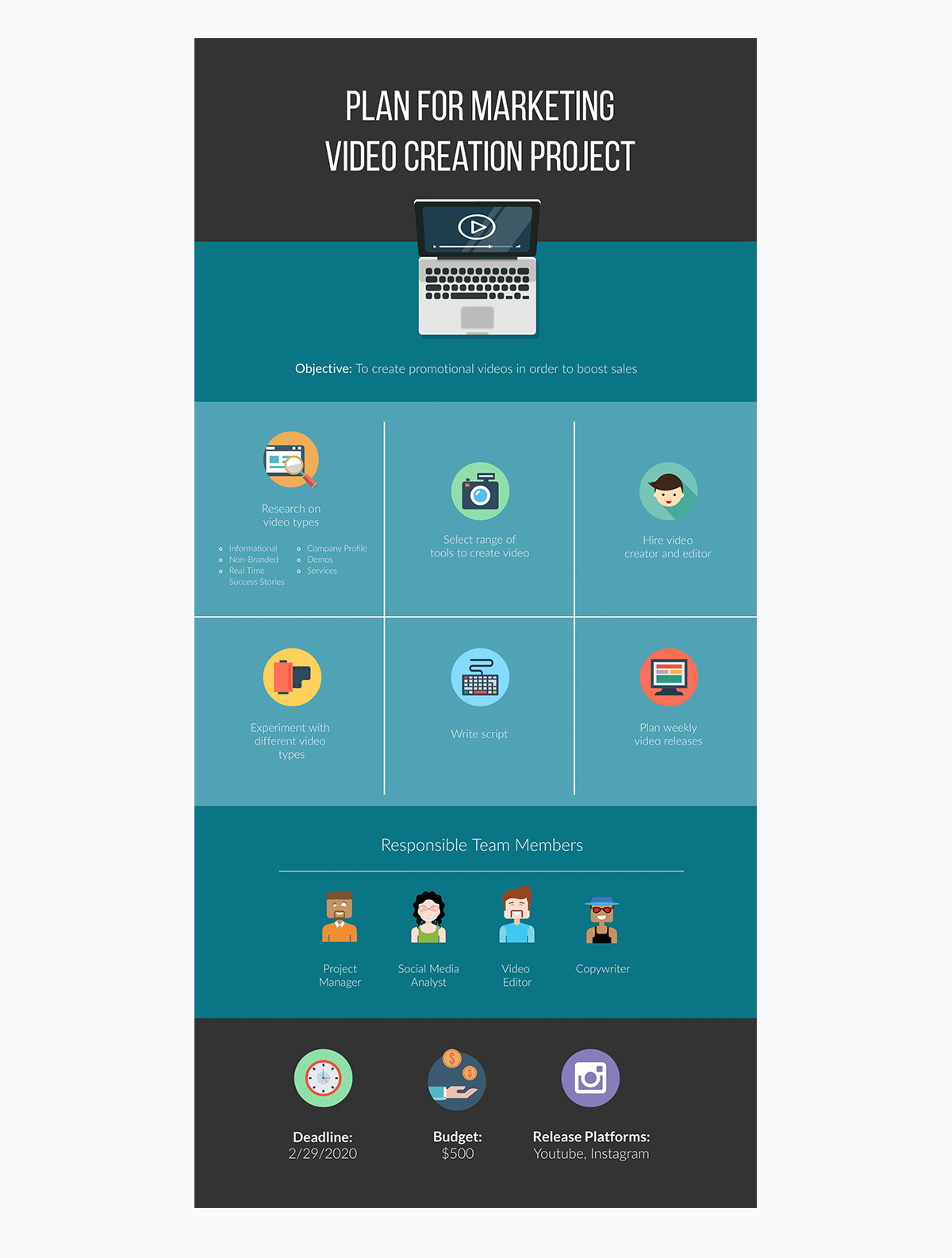
This business is particularly incredible when you have employed a promoting expert since that is when things can get somewhat muddled. So sorting out each venture into a fast infographic can give a truly extraordinary approach to keeping everybody coordinated.
Email Marketing Plan Format – from Hubspot
This is an extraordinary email marketing plan format from Hubspot that assists you with making better messages.
Hubspot is an unimaginable programming item for any brand and they make unbelievable formats and aides on practically every part of digital marketing. This layout specifically has 3 sections – email arranging, examination, and A/B testing.
Steps to Executing an eCommerce Marketing Plan
Identify Your Goals
Start by setting clear, achievable, and measurable goals. Whether it’s increasing website traffic, boosting conversion rates, growing sales revenue, or enhancing customer loyalty, your goals will guide the rest of your marketing plan. Make sure these goals align with your overall business objectives.
Understand Your Target Audience
Research and understand who your customers are. What are their demographics, preferences, behaviors, and needs? Use surveys, social media analytics, website analytics, and other tools to gather as much data as possible. This information will guide your messaging, channel selection, and marketing strategies.
Analyze Your Competition
Knowing what your competitors are doing can help you identify opportunities and threats in the market. Look at their product offerings, pricing, marketing strategies, and customer reviews. Use this information to differentiate your business and create a unique value proposition.
Define Your Unique Selling Proposition (USP)
What sets your business apart from the competition? It could be your product quality, pricing, customer service, or something else. Make sure this USP is communicated clearly and consistently across all your marketing channels.
Choose Your Marketing Channels
Based on your target audience and their behavior, decide on the most effective channels to reach them. These could include social media, email marketing, content marketing, search engine optimization (SEO), pay-per-click advertising (PPC), or others.
Develop Your Marketing Strategies
Based on your goals, target audience, USP, and chosen channels, develop specific marketing strategies. These could include social media campaigns, email marketing campaigns, content creation, SEO strategies, and more. Each strategy should include specific actions, timelines, and performance indicators.
Implement Your Strategies
Once your strategies are in place, it’s time to execute. This involves creating marketing materials, setting up campaigns, optimizing your website, publishing content, and more. Ensure that your team understands their roles and responsibilities in this stage.
Tips for Creating a Successful eCommerce Marketing Plan for Startup
Besides being sure to carry out full stages into your marketing plan for the eCommerce website launch (mentioned in the previous part), here are a couple of other promoting exercises you can put some additional focus on to guarantee ultimate achievement.
Keep Your Objective in Sight
The most ideal approach to getting marketing plan for eCommerce startup going and running is to characterize the present moment and long-term objectives. Marketing objectives help to keep your business pursuing the way toward future achievement, and they ought to be feasible to reach and realistic, yet not overly simple.

Sometimes you probably will not reach your objective, but a failure does not really equal a complete flop. Probably the best successes emerge from patched-up failures, so stay focused on and willing to adjust.
Shine the Spotlight on Your Audience
Knowing who your clients are and what they care about is the most reliable approach to make your business’s core value across. In the eCommerce business industry, clients are desiring a personalized shopping experience. Did you realize that more than 90% of individuals are bound to shop with brands that recognize and remember them with custom content?
Try not to be the online business that sells just to sell. Take an effort to comprehend your client’s needs and behaviors. Know their preferred methods for correspondence (email, SMS text, social media), identify their shopping behaviors (are they bound to purchase after receiving a customized cart email or a coupon?), and interface with them in significant ways with spot-on messages.
Dive into the Specific Things of Your Marketing Strategy
Remember when we referred to strategies as the how in your marketing plan? On this note, how might you use your online business against other eCommerce stores? How might you conduct the marketing for your products and services uniquely distinguish from your opponents? From social media promotions, customized email campaigns, postal mail, advertising, and website streamlining – in the eCommerce business today, there are bunches of marketing channels to browse with regard to building your business and spreading brand position. Know who your target audience is, who your direct and indirect competitors are, the means by which the market is changing, and stay lined up with your goals.
Produce Meaningful and Personalized Content
Custom content is the way to a customer’s heart. Regardless of whether that content marketing implies messages with item suggestions, customized advertisements that remind a customer what they forgot in their cart, or postcards that get through the mail, in the event that you need to make a significant brand insight for your clients, ensure the content lines up with the individuals from your crowd.
Manage Your Success
Open rates for messages, social media followers, deserted carts, item remarks, income per subscriber, and click-through rates—there is a great deal of detail to consider when checking the overall health of your online store. A fruitful marketing plan ought to incorporate tracking and information assembling so you can break down what is going right and execute changes anywhere necessary.
Welcome Flexibility
It is essential to remember that a marketing plan should not fill in as a be-all, end-all direct for your eCommerce business. Except if you are the one who has not made any eCommerce marketing for beginners before and can foresee the future with 100% precision, you should think about your marketing plan just like a functioning document that can change with the recurring pattern of the eCommerce business market.
Final Thought
Making an effective marketing plan for your eCommerce business is a fundamental step toward purchasing and running an effective online shop. While it may appear to be overwhelming or tedious from the start, this arranging cycle is fundamental to arriving at your objectives.
Not only will you have a layout of what it is you are hoping to achieve, yet you will likewise have a strong arrangement set up to follow, update, and refer back to with certainty if you suffer with difficulty when making a marketing plan for an eCommerce startup.
If you still need further help with your eCommerce stores, leave us a message and our experienced eCommerce specialists will be in contact with you shortly.


